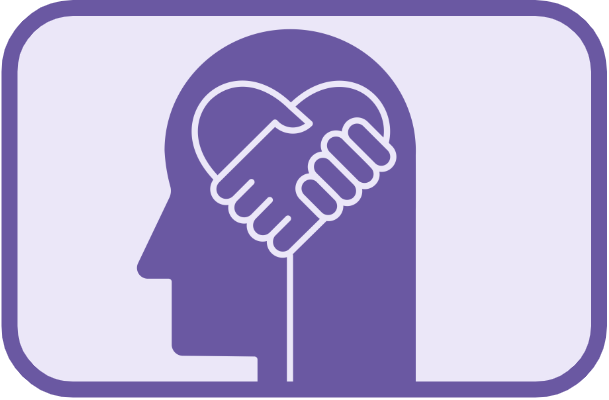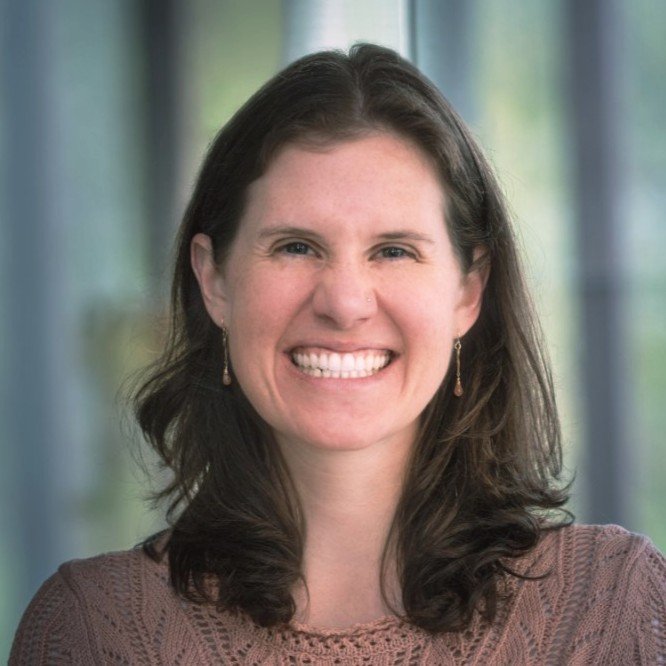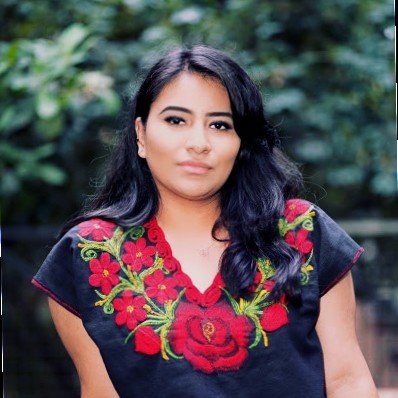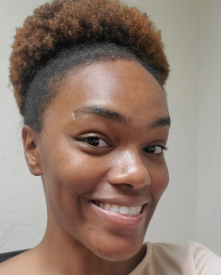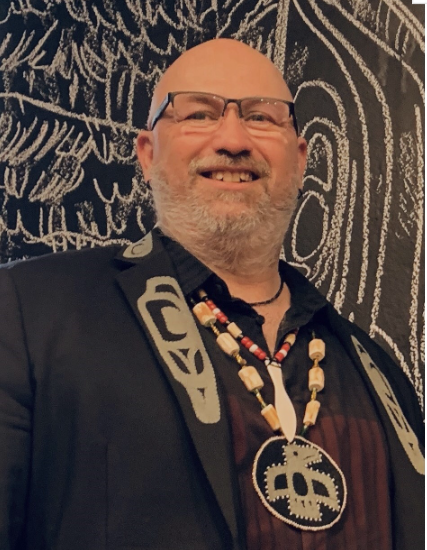Charlotte Antoine
Community Technology Advisory Board & Digital Equity Committee, Mayor’s Council on African American Elders (MCAAE)
Interview by RJ Mao & Evan Hoang
November 17, 2022
Charlotte Antoine sits on the City of Seattle’s Mayor’s Council on African American Elders (MCAAE) and is on the steering committee of the Digital Equity Learning Network of Seattle and King County. Antoine provided us with a detailed explanation of her passion for digital equity for older adults, people with disabilities, BIPOC communities, and people living in rural communities.
Q. What is your definition of Digital Equity, and what about it motivates you? What are you passionate about in this space?
CA: Digital Equity is about equal access to the broadband internet— no matter where you live, how you live, or how old you are. Everyone should have the same access, including older adults, low-income people, people in rural communities, and people with disabilities. During the pandemic, it became apparent that members of these communities were isolated and had difficulty connecting with needed programs and services because they did not have access to the internet. We all need the internet to stay connected to important information, especially during emergencies.
Q. What values and/or principles are important for everyone in this space to do good work?
CA: Equity, respect, affordability, and fairness.
Q. What have been big wins for you and how did they happen? What sorts of support were needed for them?
CA: I appreciate being able to represent the Mayor’s Council on African American Elders (MCAAE) to participate in the Digital Equity Learning Network of Seattle & King County (DELN). I was excited about the opportunity to advocate on behalf of older adults, and also excited to bring information back to the members about what I am learning through the DELN.
Q. What is your organization’s goal in moving towards digital equity?
CA: The MCAAE’s goal is to continue advocating on behalf of all older adults for increased internet access until all the barriers are addressed and removed. MCAAE’s steps are:
Continued representation and participation in the DELN.
Continuing to monitor and support legislation that promotes digital equity.
Keeping older adults and people with disabilities informed of opportunities for discount programs and computer training opportunities.
Q. What’s an example of some good work so far and who’s been doing it? Who would you like to give a shout-out to?
CA: An increase in the availability of low-cost internet programs offered through the passage of the 2021 Digital Equity Act.The Digital Equity Act provided $2.75 billion to establish three grant programs that promote digital equity and inclusion. It aims to ensure that all people and communities have the skills, technology, and capacity needed to reap the full benefits of our digital economy.
I would to give a shout out to: Karen M. Winston, MSW, Senior Planner for Seattle’s Aging and Disability Services and to Shira Rosen, Managing Director of Literacy Source who made the decision to include senior’s on the DELN Steering Committee. It was Shira who contacted MCAAE and Karen Winston asked me if I would like to serve on the committee. I said YES. It was one of the best life decisions I made. It brings me so much JOY. I would also like to give a shout out to Sabrina Roach of Make Digital Equity; I appreciate her so much for recommending me to you all.
Learn more about MCAAE’s digital equity work.
Connect with Charlotte on LinkedIn.

